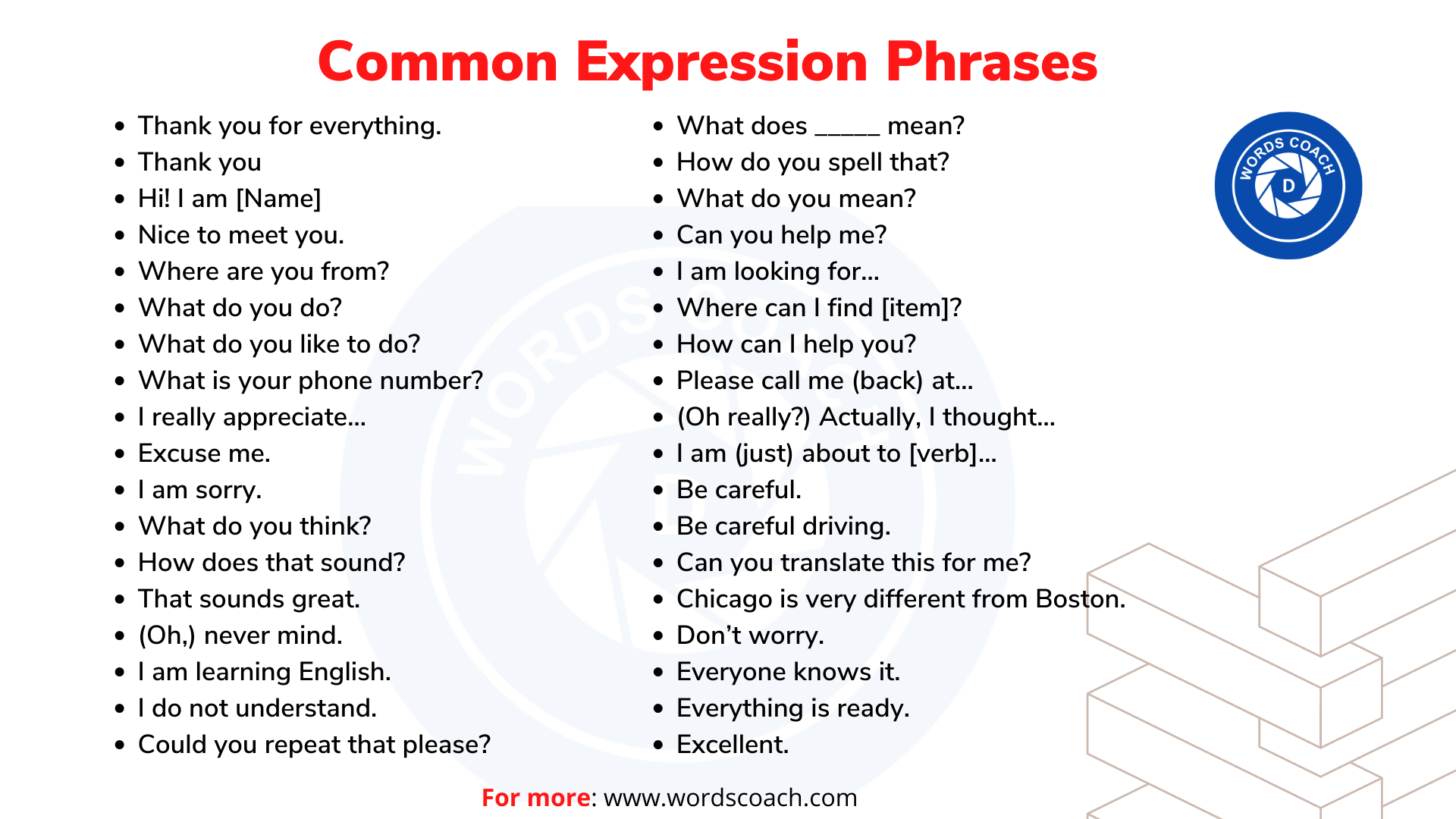Using WISH in English Grammar
The verb “wish” allows us to express these desires and yearnings in English grammar. But how do you use “wish” effectively? Buckle up, grammar enthusiasts, because we’re diving into the world of wishful thinking!
How to Use Wish in English Grammar
Ever wished you could speak English like a pro? Well, mastering the verb “wish” is a great step in that direction! This handy guide will show you how to use “wish” effectively in your English grammar toolbox.
Wish + Past Simple
We use “wish” + past simple to talk about things we want to be different now (present) or in the future.
Examples:
- I wish I spoke French fluently.
- We wish it was the weekend already.
- I wish they would visit us soon.
- She wishes she didn’t have to work tomorrow.
- If only the weather was nicer, we could go for a walk.
- I wish I lived closer to my family.
- They wish they had brought their umbrellas. It’s pouring rain!
- I wish I spoke Spanish.
- We wish it wouldn’t rain tomorrow.
Wish + Past Continuous
Actually, “wish” isn’t typically used with the past continuous tense (“was/were + verb-ing”).
- The past continuous describes an action that was ongoing at a specific time in the past.
- “Wish” focuses on desires for the present, past, or future. It doesn’t directly connect to an ongoing action in the past.
Examples:
- I wish I were on the beach right now.
- I wish I could have been walking on the beach yesterday.
- If only it was raining right now, the weather would be perfect.
Wish + Past Perfect
“Wish” + past perfect tense allows you to say you wish something from the past had been different.
Examples:
- I wish I had studied harder for my exams.
- She wishes she hadn’t eaten so much cake.
- We wish we had booked our vacation earlier. Flights are so expensive now!
- He wishes he had listened to his parents’ advice.
- If only I hadn’t lost my phone, I could still call for help.
Wish + Would
“Wish + would” (wouldn’t) expresses annoyance or impatience with something that is happening now (present) or something you think will happen in the future.
It’s different from “wish + past simple” because it focuses on a situation you want to change, rather than just a desire for something different.
Here are some key points:
- “Would” expresses a desire or hope, but it also suggests the situation is unlikely to change.
- “Wouldn’t” expresses a wish for something to stop happening.
Examples:
- I wish it would stop raining! I want to go outside.
- She wishes he wouldn’t be so late all the time.
Wish + To Infinitive
“Wish + to infinitive” expresses a polite desire or request in a formal setting.
It’s different from other uses of “wish” because it focuses on something you want someone to do, rather than just a general desire.
Here’s a breakdown:
- “Wish” shows you have a desire.
- “To infinitive” (e.g., to speak, to leave) specifies the action you desire.
Examples:
- I wish to speak to the manager, please.
- We wish to congratulate you on your recent accomplishment.
- They wished me to stay for dinner.
I Wish/ If Only
Both “I wish” and “If only” are used to express desires or regrets, but with a slight difference in emphasis:
- “I wish” + past simple tense: This construction focuses on a desire for something to be different in the present or future, even though it might be unlikely.
- Example: “I wish I lived closer to the beach.” (You don’t live near the beach now, and you’d like that to be different.)
- “If only” + past tense (simple, perfect, or continuous): This construction emphasizes a stronger feeling of longing, regret, or frustration about something you wish were different.
- Example: “If only I had studied harder, I would have gotten a better grade.” (You didn’t study hard enough, and now you really regret it.)
- Example: “If only I had studied harder, I would have gotten a better grade.” (You didn’t study hard enough, and now you really regret it.)
Here’s a table summarizing the key differences:
| Construction | Emphasis | Example |
|---|---|---|
| I wish + past simple | Desire for something different (present or future) | I wish I lived closer to the beach. |
| If only + past tense | Stronger longing, regret, or frustration | If only I had studied harder. |
Remember, “wish” can express desires for the present, past, or future, and the tense you choose reflects the timing. “If only” adds power to your wishes, and “wish” can even be used formally. So, the next time you have a burning desire, reach for “wish” and express yourself with confidence!





